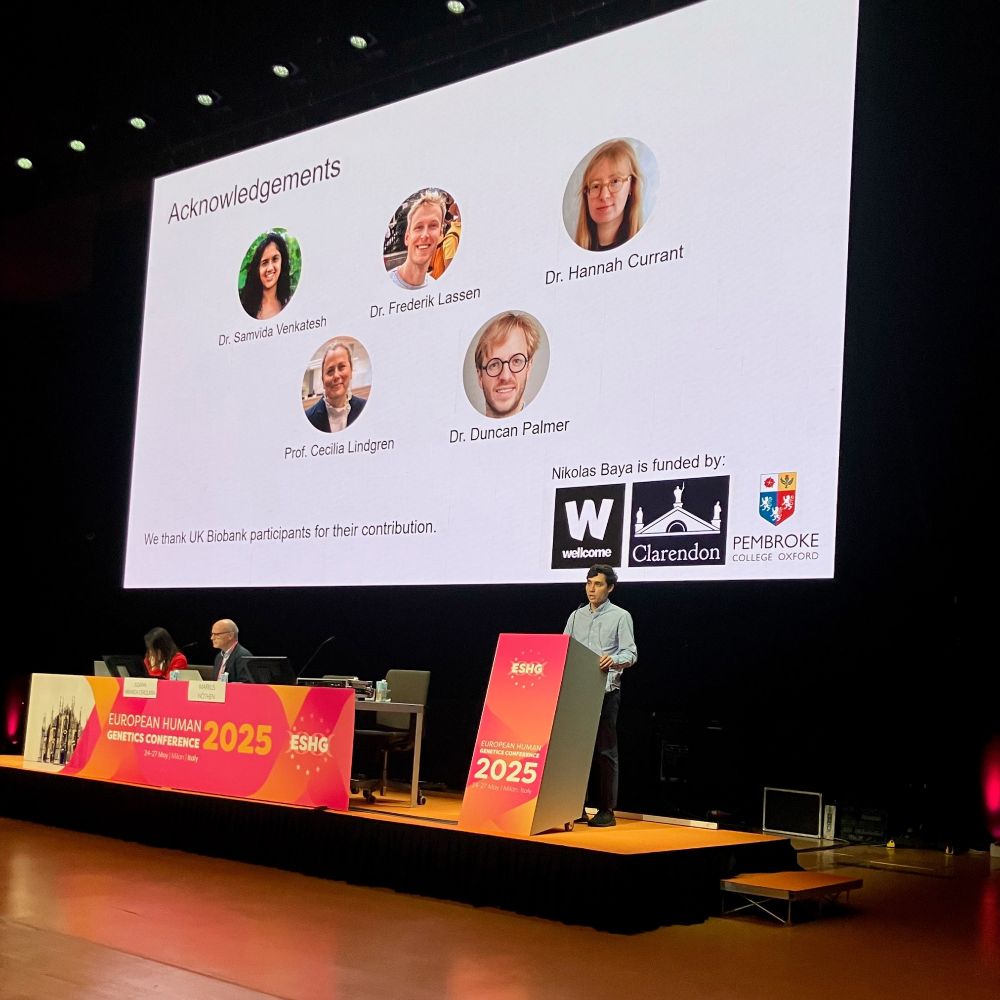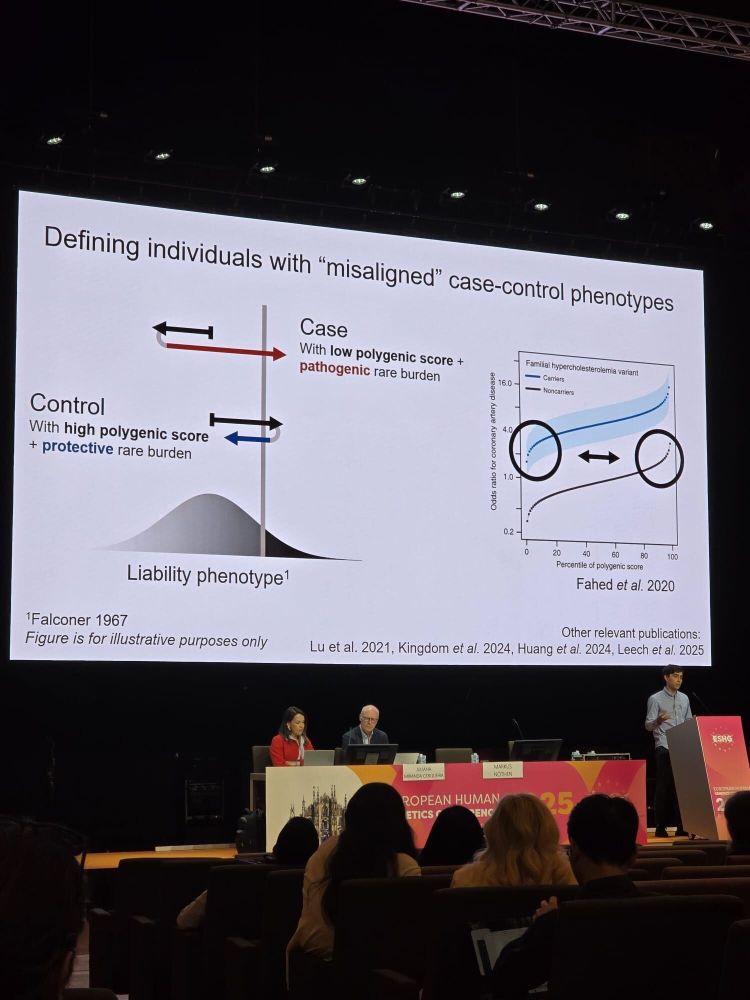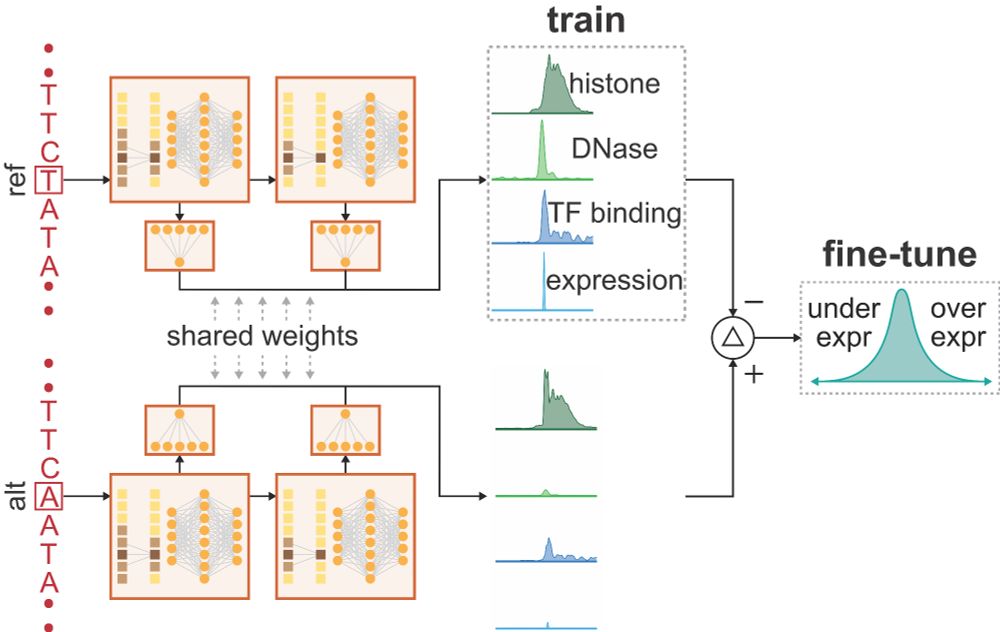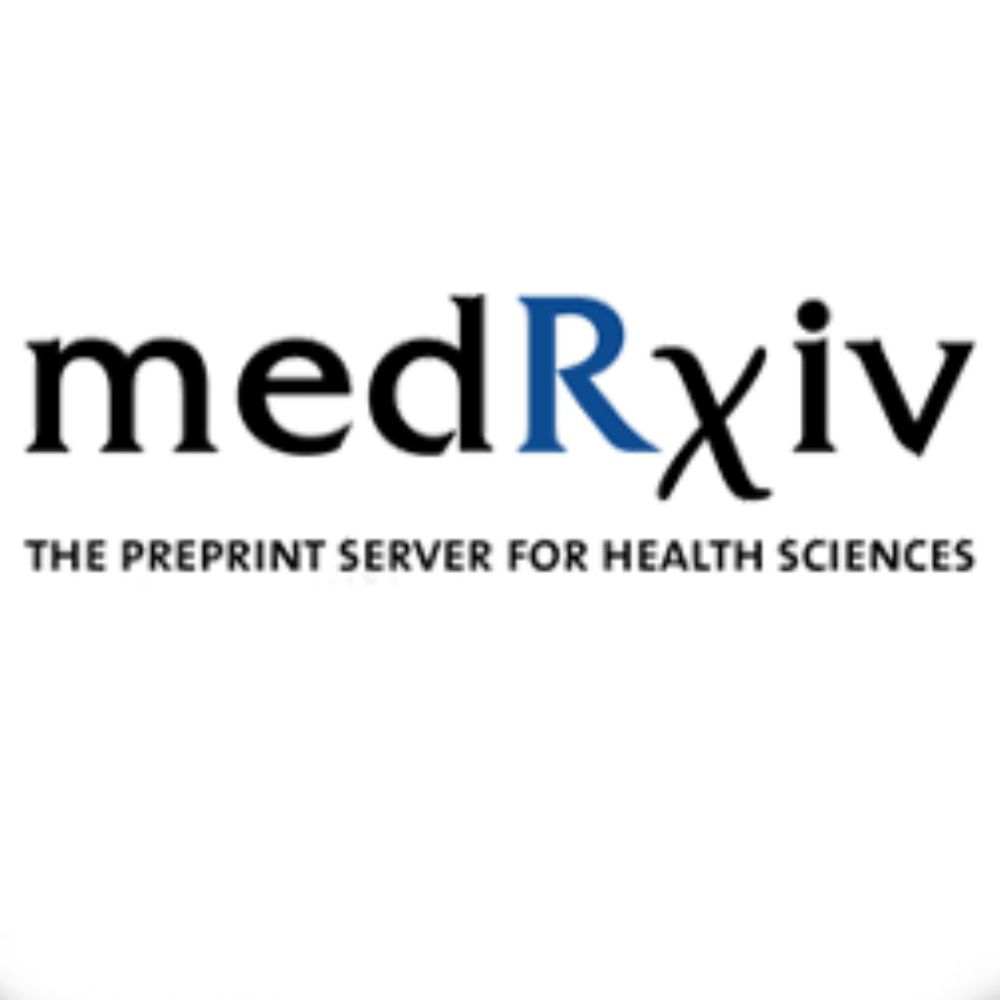Genome-wide analyses identify 21 infertility loci and over 400 reproductive hormone loci across the allele frequency spectrum
Genome-wide association studies (GWASs) may help inform treatments for infertility, whose causes remain unknown in many cases. Here we present GWAS meta-analyses across six cohorts for male and female infertility in up to 41,200 cases and 687,005 controls. We identified 21 genetic risk loci for infertility (P≤5E-08), of which 12 have not been reported for any reproductive condition. We found positive genetic correlations between endometriosis and all-cause female infertility (rg=0.585, P=8.98E-14), and between polycystic ovary syndrome and anovulatory infertility (rg=0.403, P=2.16E-03). The evolutionary persistence of female infertility-risk alleles in EBAG9 may be explained by recent directional selection. We additionally identified up to 269 genetic loci associated with follicle-stimulating hormone (FSH), luteinising hormone, oestradiol, and testosterone through sex-specific GWAS meta-analyses (N=6,095-246,862). While hormone-associated variants near FSHB and ARL14EP colocalised with signals for anovulatory infertility, we found no genetic correlation between female infertility and reproductive hormones (P>0.05). Exome sequencing analyses in the UK Biobank (N=197,340) revealed that women carrying testosterone-lowering rare variants in GPC2 were at higher risk of infertility (OR=2.63, P=1.25E-03). Taken together, our results suggest that while individual genes associated with hormone regulation may be relevant for fertility, there is limited genetic evidence for correlation between reproductive hormones and infertility at the population level. We provide the first comprehensive view of the genetic architecture of infertility across multiple diagnostic criteria in men and women, and characterise its relationship to other health conditions. ### Competing Interest Statement L.B.L.W. is currently employed by Novo Nordisk Research Centre Oxford but, while she conducted the research described in this manuscript, was only affiliated to the University of Oxford. V.S., G.T., H.H., I.J., and K.S. are employees of deCODE genetics, a subsidiary of Amgen. C.M.L. reports grants from Bayer AG and Novo Nordisk and has a partner who works at Vertex. The other authors declare no conflicts of interest. ### Funding Statement S.S.V. is supported by the Rhodes Scholarships, Clarendon Fund, and the Medical Sciences Doctoral Training Centre at the University of Oxford. L.B.L.W. was supported by the Wellcome Trust. B.M.J. is funded by an Medical Research Council (MRC) Clinical Research Training Fellowship (CRTF) jointly supported by the UK MS Society (B.M.J. grant reference: MR/V028766/1). A.P. is supported by Alma and K.A. Snellman Foundation. Genes & Health is/has recently been core-funded by Wellcome (WT102627, WT210561), the Medical Research Council (UK) (M009017, MR/X009777/1, MR/X009920/1), Higher Education Funding Council for England Catalyst, Barts Charity (845/1796), Health Data Research UK (for London substantive site), and research delivery support from the NHS National Institute for Health Research Clinical Research Network (North Thames). A.E. and D.A.L contributions are supported by the UK Medical Research Council (MC\_UU\_00032/05) and the European Research Council under the European Union's Horizon 2020 research and innovation program (grant agreements No 101021566). Genes & Health is/has recently been funded by Alnylam Pharmaceuticals, Genomics PLC; and a Life Sciences Industry Consortium of Astra Zeneca PLC, Bristol-Myers Squibb Company, GlaxoSmithKline Research and Development Limited, Maze Therapeutics Inc, Merck Sharp & Dohme LLC, Novo Nordisk A/S, Pfizer Inc, Takeda Development Centre Americas Inc. The UK Medical Research Council and Wellcome (Grant ref: 217065/Z/19/Z) and the University of Bristol provide core support for ALSPAC. A comprehensive list of grants funding is available on the ALSPAC website (http://www.bristol.ac.uk/alspac/external/documents/grant-acknowledgements.pdf). Genome-wide genotyping data was generated by Sample Logistics and Genotyping Facilities at Wellcome Sanger Institute and LabCorp (Laboratory Corporation of America) using support from 23andMe. C.M.L. is supported by the Li Ka Shing Foundation, NIHR Oxford Biomedical Research Centre, Oxford, NIH (1P50HD104224-01), Gates Foundation (INV-024200), and a Wellcome Trust Investigator Award (221782/Z/20/Z). The research was supported by the Wellcome Trust Core Award Grant Number 203141/Z/16/Z with additional support from the NIHR Oxford BRC. The views expressed are those of the authors and not necessarily those of the NHS, the NIHR or the Department of Health. ### Author Declarations I confirm all relevant ethical guidelines have been followed, and any necessary IRB and/or ethics committee approvals have been obtained. Yes The details of the IRB/oversight body that provided approval or exemption for the research described are given below: This study was conducted using data from seven research studies, each with separate ethics approval. 1. UK Biobank has approval from the North West Multi-centre Research Ethics Committee (MREC) as a Research Tissue Bank (RTB) approval. 2. Copenhagen Hospital Biobank is classified as a biobank for future research. It is part of the Danish National Biobank and has been approved by the Danish Data Protection Agency (general approval number 2012-58-0004, and local number: RH-2007-30-4129/I-suite 00678). The Danish Blood Donor Study was approved by the Central Denmark (1-10-72-95-13) and Zealand (SJ-740) Regional Committees on Health Research Ethics and the Data Protection Agency (P-2019-99). The DBDS GWA study was approved by the Danish National Committee on Health Research Ethics (1700407). SCANDAT was approved by the Data Protection Agency (2008-54-0472). The DBDS was conducted in accordance with the ethical principles outlined in the Declaration of Helsinki. 3. Genes & Health operates under ethical approval, 14/LO/1240, from London South East NRES Committee of the Health Research Authority, dated 16 September 2014. 4. The activities of the Estonian Biobank are regulated by the Human Genes Research Act, which was adopted in 2000 specifically for the operations of the EstBB. Individual level data analysis in the EstBB was carried out under ethical approval 1.1-12/624 from the Estonian Committee on Bioethics and Human Research (Estonian Ministry of Social Affairs), using data according to release application 3-10/GI/10790 from the Estonian Biobank. 5. Patients and control subjects in FinnGen provided informed consent for biobank research, based on the Finnish Biobank Act. Alternatively, separate research cohorts, collected prior the Finnish Biobank Act came into effect (in September 2013) and start of FinnGen (August 2017), were collected based on study-specific consents and later transferred to the Finnish biobanks after approval by Fimea (Finnish Medicines Agency), the National Supervisory Authority for Welfare and Health. Recruitment protocols followed the biobank protocols approved by Fimea. The Coordinating Ethics Committee of the Hospital District of Helsinki and Uusimaa (HUS) statement number for the FinnGen study is Nr HUS/990/2017. The FinnGen study is approved by Finnish Institute for Health and Welfare (permit numbers: THL/2031/6.02.00/2017, THL/1101/5.05.00/2017, THL/341/6.02.00/2018, THL/2222/6.02.00/2018, THL/283/6.02.00/2019, THL/1721/5.05.00/2019 and THL/1524/5.05.00/2020), Digital and population data service agency (permit numbers: VRK43431/2017-3, VRK/6909/2018-3, VRK/4415/2019-3), the Social Insurance Institution (permit numbers: KELA 58/522/2017, KELA 131/522/2018, KELA 70/522/2019, KELA 98/522/2019, KELA 134/522/2019, KELA 138/522/2019, KELA 2/522/2020, KELA 16/522/2020), Findata permit numbers THL/2364/14.02/2020, THL/4055/14.06.00/2020, THL/3433/14.06.00/2020, THL/4432/14.06/2020, THL/5189/14.06/2020, THL/5894/14.06.00/2020, THL/6619/14.06.00/2020, THL/209/14.06.00/2021, THL/688/14.06.00/2021, THL/1284/14.06.00/2021, THL/1965/14.06.00/2021, THL/5546/14.02.00/2020, THL/2658/14.06.00/2021, THL/4235/14.06.00/2021, Statistics Finland (permit numbers: TK-53-1041-17 and TK/143/07.03.00/2020 (earlier TK-53-90-20) TK/1735/07.03.00/2021, TK/3112/07.03.00/2021) and Finnish Registry for Kidney Diseases permission/extract from the meeting minutes on 4th July 2019. 6. Ethical approval for the study was obtained from the Avon Longitudinal Study of Parents and Children (ALSPAC) Ethics and Law Committee and the Local Research Ethics Committees. 7. The deCode Genetics study was approved by the Icelandic National Bioethics Committee (approval no. VSN-19-023). I confirm that all necessary patient/participant consent has been obtained and the appropriate institutional forms have been archived, and that any patient/participant/sample identifiers included were not known to anyone (e.g., hospital staff, patients or participants themselves) outside the research group so cannot be used to identify individuals. Yes I understand that all clinical trials and any other prospective interventional studies must be registered with an ICMJE-approved registry, such as ClinicalTrials.gov. I confirm that any such study reported in the manuscript has been registered and the trial registration ID is provided (note: if posting a prospective study registered retrospectively, please provide a statement in the trial ID field explaining why the study was not registered in advance). Yes I have followed all appropriate research reporting guidelines, such as any relevant EQUATOR Network research reporting checklist(s) and other pertinent material, if applicable. Yes Cohorts may be contacted individually for access to raw data. Summary statistics for all phenotypes will be made available through the GWAS Catalog upon publication. All code used in this study will be made available through GitHub upon publication.









